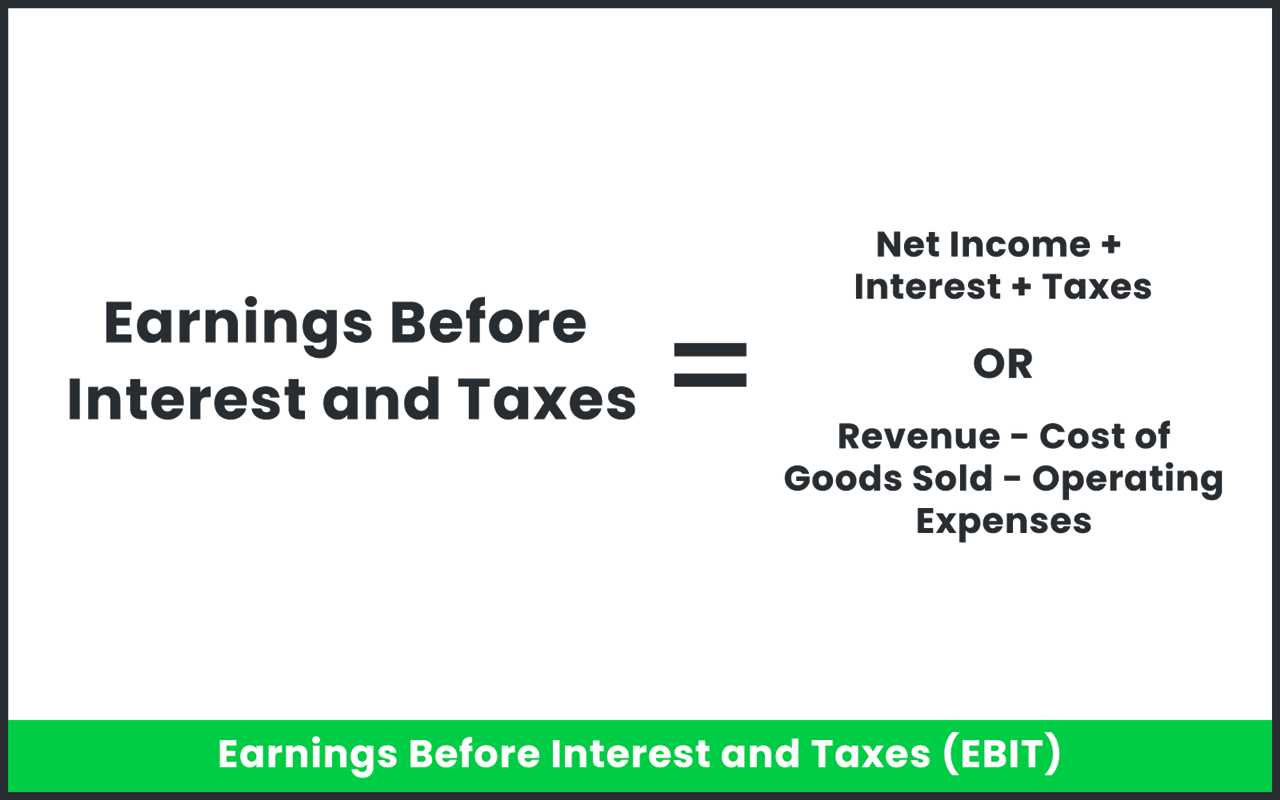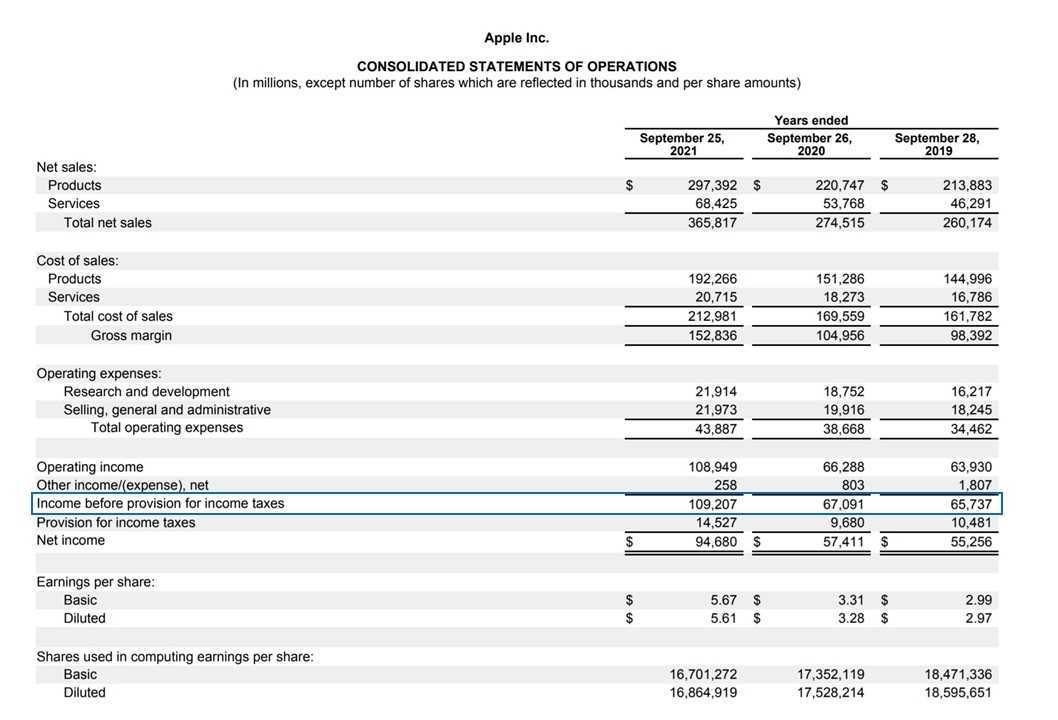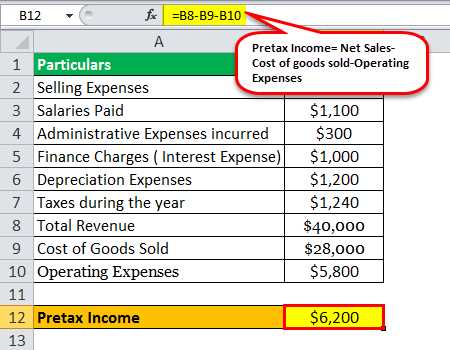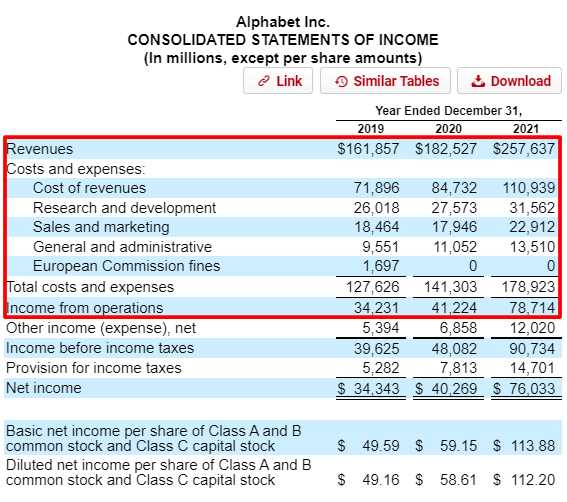Earnings Before Tax (EBT): Definition and Importance in Accounting

Earnings Before Tax (EBT) is a financial metric that measures a company’s profitability before taxes are deducted. It is an important indicator of a company’s financial performance and is often used by investors, analysts, and lenders to assess the company’s ability to generate profits.
Definition
EBT is calculated by subtracting all expenses, except for taxes, from a company’s total revenue. This includes operating expenses, interest expenses, depreciation, and amortization. The resulting figure represents the company’s earnings before taxes are paid.
Importance

EBT is an important financial metric because it provides a clear picture of a company’s profitability before the impact of taxes. By focusing on EBT, investors and analysts can evaluate a company’s operating performance without the distortion of tax payments.
EBT is particularly useful when comparing the financial performance of companies in different tax jurisdictions or when analyzing the impact of tax changes on a company’s profitability. It allows for a more accurate comparison and assessment of a company’s financial health.
Conclusion

Earnings Before Tax (EBT) is a crucial financial metric that measures a company’s profitability before taxes. It provides valuable insights into a company’s operating performance and is widely used by investors, analysts, and lenders. By focusing on EBT, stakeholders can assess a company’s financial health without the distortion of tax payments, making it an essential tool in financial analysis.
What is Earnings Before Tax?

EBT is calculated by subtracting all operating expenses, including cost of goods sold, salaries, rent, and other expenses, from a company’s total revenue. The resulting figure represents the company’s earnings before taxes are paid.
Importance of Earnings Before Tax
Earnings Before Tax is an important measure for several reasons:
- Assessing profitability: EBT provides a clear picture of a company’s profitability before tax obligations. It allows investors and analysts to evaluate how well a company is generating profits from its core operations.
- Comparing performance: EBT allows for easy comparison of a company’s financial performance with other companies in the same industry. It helps investors and analysts identify companies that are more efficient in generating profits.
- Evaluating tax efficiency: EBT helps assess a company’s tax efficiency by providing insights into how effectively it manages its tax obligations. Companies with higher EBT may have more opportunities for tax planning and minimizing tax liabilities.
- Forecasting future earnings: EBT can be used to forecast a company’s future earnings by analyzing trends and patterns in its pre-tax income. This information can be valuable for making investment decisions.
EBT Calculation and Examples
Earnings Before Tax (EBT) is a financial metric that represents a company’s profit before taxes are deducted. It is an important measure of a company’s financial performance and is often used by investors, analysts, and lenders to assess the profitability and potential tax liability of a business.
EBT Calculation
The formula for calculating Earnings Before Tax is:
Revenue refers to the total income generated by a company from its primary business activities. It includes sales of goods or services, royalties, and any other sources of income. Cost of Goods Sold (COGS) represents the direct costs associated with producing or delivering the goods or services sold by the company. It includes the cost of raw materials, labor, and manufacturing overhead.
Operating Expenses include all other expenses incurred by the company in its day-to-day operations, such as rent, salaries, utilities, marketing expenses, and depreciation.
By subtracting the COGS and operating expenses from the revenue, we arrive at the EBT, which represents the company’s profit before taxes.
Examples
Let’s consider two examples to illustrate the calculation of Earnings Before Tax:
-
Example 1:
- Revenue: $1,000,000
- COGS: $500,000
- Operating Expenses: $300,000
Using the formula, we can calculate:
-
Example 2:
- Revenue: $500,000
- COGS: $200,000
- Operating Expenses: $150,000
Using the formula, we can calculate:

Emily Bibb simplifies finance through bestselling books and articles, bridging complex concepts for everyday understanding. Engaging audiences via social media, she shares insights for financial success. Active in seminars and philanthropy, Bibb aims to create a more financially informed society, driven by her passion for empowering others.
